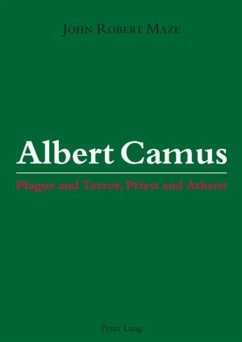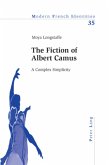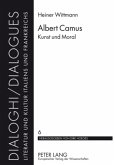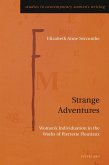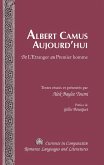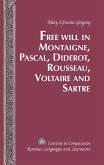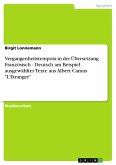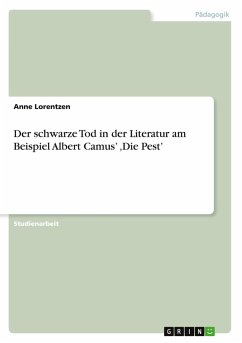This book provides a depth-psychological, analytic reading of all Albert Camus's imaginative literary works including his essays and reminiscences. The chronological procedure reveals an evolution of unconscious themes underlying the conscious views and attitudes to which Camus kept returning over the course of his life. Topics discussed in this study include the analysis of Camus's rejection of morality as the enemy of affection and self-fulfilment; his atheism; the apparent qualifications in his opposition to terrorism; and his absolute rejection of the death penalty as an instrument of state terrorism. This group of attitudes is located in the Camus family nexus, both in their external and historical reference and in their emerging internal conscious and unconscious meanings, enriched by autobiographical references in the novels to Camus's adult character and personal and political life experiences.
Bitte wählen Sie Ihr Anliegen aus.
Rechnungen
Retourenschein anfordern
Bestellstatus
Storno

